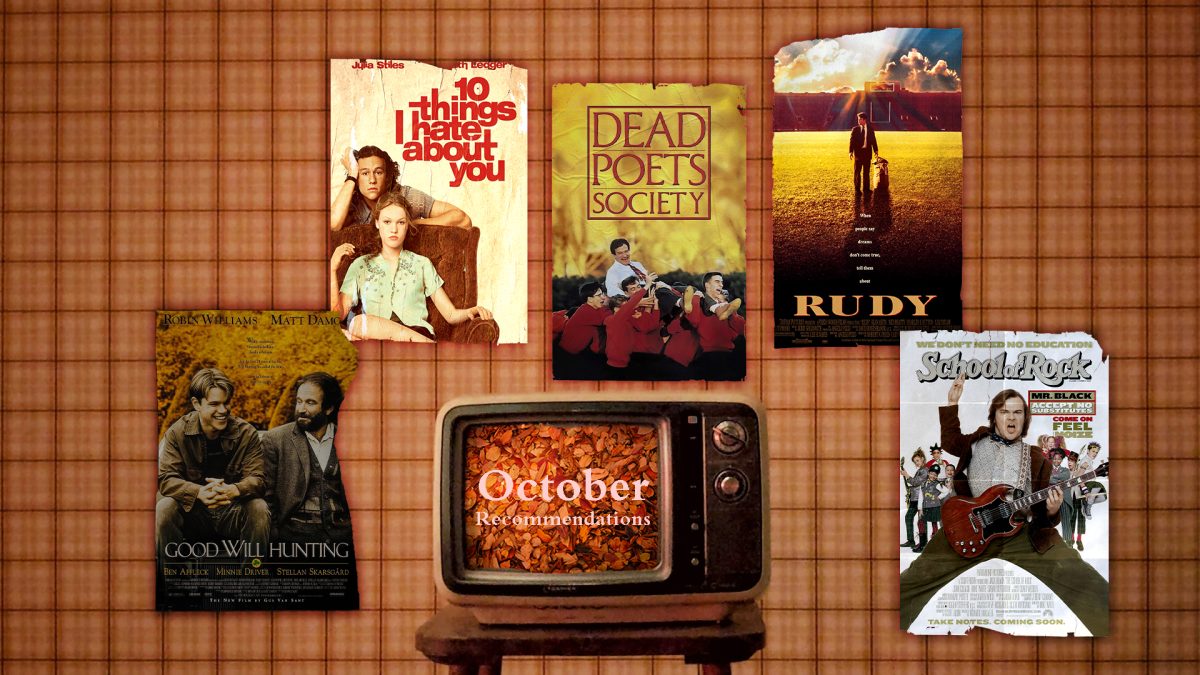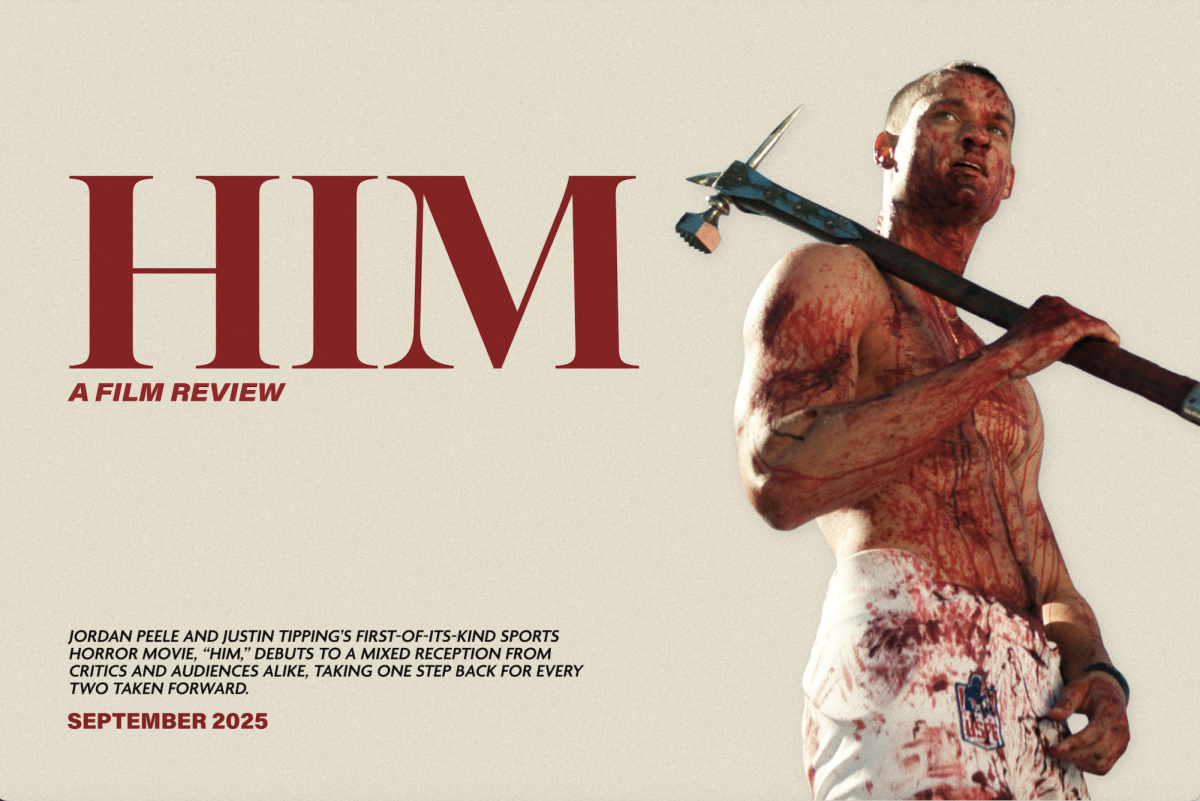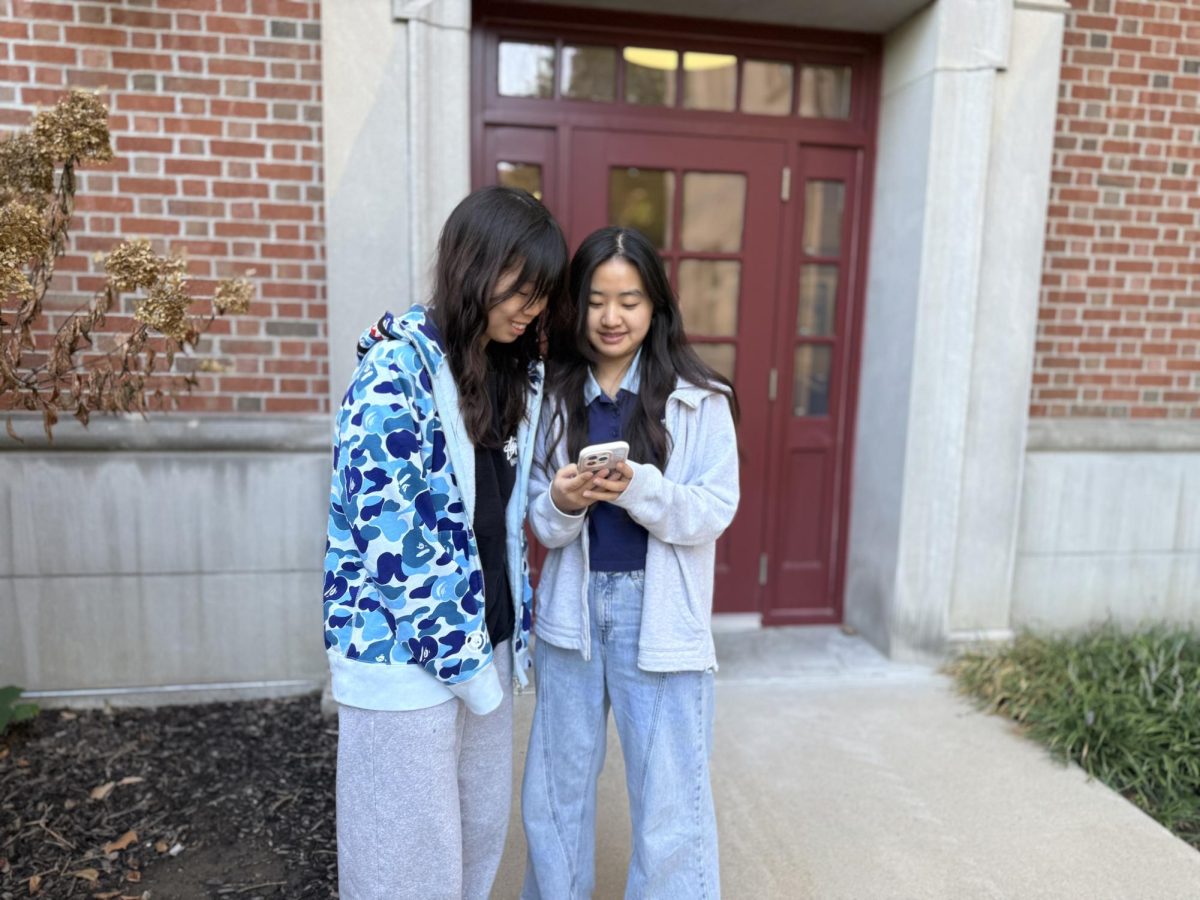
_Photo Courtesy of Ted Rogers_
March through June, Ragtag Cinema is working to ignite conversations about science. Combining introduction videos from guest speakers with movies and documentaries, the cinema is hosting its first year of Science on Screen, a nationwide program that provides grants to independent theaters to make science more accessible to the public.
Ted Rogers, Ragtag’s cinema programmer, said he’s always working to further the cinema’s outreach to engage with the community. He said he wanted to take part in Science on Screen after becoming aware of the series in other theaters and thinking about the “wealth of incredible speakers” Columbia has to offer.
Ragtag kicked off the series March 24-25 with the 1978 version of “Invasion of the Body Snatchers.” Ragtag will feature the documentary “Coded Bias” April 21-22, and Rogers said they will show “Gattaca” in May and “Total Recall” in June.
“The purpose of the Science on Screen program is to use cinema as a gateway for people to get a deeper understanding and appreciation for science … and a deeper appreciation for the drama, the wonderful stories that exist in the realm of science,” Andrea Kennedy, Science on Screen’s program manager, said. “Scientific discovery really is an exciting, interesting thing.”
The Coolidge Corner Theatre partnered with the Alfred P. Sloan Foundation to award Ragtag a grant to host its series, which is free for members.
Ragtag is one of 38 theaters coast to coast participating in Science on Screen this year. Each theater shows different films, but all connect to a STEM-related topic and pair with a talk from someone in the field.
“You can turn a 15-minute lecture into a two-hour experience of active learning, which is a really exciting thing,” Rogers said. “I think the best outcome at the end of the night [is that] the film is then discussed organically among audience members as they’re walking out — this aha moment collectively for an audience — and also that the instructors get to see their work being applied and discussed well beyond the classroom.”
Dr. Ines Segert, an associate psychology professor at MU, spoke in the introduction video for “Invasion of the Body Snatchers.” In one of her classes, she teaches about Capgras syndrome, a psychiatric disorder that leads to paranoia and conspiracy theories that imposters have replaced loved ones. In the movie, Elizabeth Driscoll experiences this when she develops a delusion that aliens are replacing her boyfriend and everyone in San Francisco.
Segert connected the plot and characters of the movie with findings from psychological research on conspiracy theories in her introduction. She said when people overestimate the threat of low risks, they can develop paranoia, and the need to feel safe and have explanations can steer them toward conspiratorial thinking. Being part of a group can elevate their self-esteem from believing they have inside information, and she said they can feel more satisfied with their lives, as well as morally superior to others if they think they’re trying to save people from a threat. In reality, she said the false conclusions these factors can cement often lead to dangerous consequences like violence toward those outside the group.
She connected those ideas to current examples of conspiracy theories such as QAnon and the belief that COVID-19 is a hoax. Kailey Odenwald, one of Segert’s students who watched the video, said it was interesting to see how the fiction in the movie “could be closely related to anything in real life.”
“It can help us understand these events going on at a national scale, like the rise of conspiracy theories right now,” Segert said. “It’s a huge problem in our country, and everyone says, ‘How can people possibly believe this?’ Well, it’s actually pretty easy for people to believe this and I think we need to understand that … This was just a great opportunity to talk about how science can provide answers for a lot of things that seem really crazy.”
The April documentary “Coded Bias” investigates the danger of biases embedded in algorithms primarily developed and tested by white men that come alongside the promise of new technology.
J. Scott Christianson, an MU associate business professor, is the speaker for the introduction video and studies emerging technology’s future impact. He said the biases in algorithms “seep into lots of different applications.”
One issue he discusses in the video is the algorithms in facial recognition technology, which have proven to falsely identify Black and Asian people’s faces at 10 to 100 times the rate they do for white people’s faces. The algorithms are also less likely to correctly identify women’s faces than men’s.
“We create these systems that are supposed to take the personal biases out of systems like loan applications, job applications, incarceration [and] various sorts of systems that we acknowledge as having human flaws,” Rogers said on choosing the film. “In effect, we’ve actually just supercharged our already deeply white supremacist system and given it endless possibility for growth.”
In law enforcement, for example, officers can use the technology to identify people, which has led to multiple cases of them wrongfully arresting Black men because of false matches.
Christianson said making progress toward solutions is more important now than ever since artificial intelligence continues to grow rapidly. In his video, he breaks down how the technology works and said he hopes to discuss questions viewers may have.
“I am very hopeful that we’ll have these conversations, that we can steer this in the right direction,” Christianson said. “The future is always ours to make. It’s not preordained, and we can take a hold of the reins again. If you look at what the EU is doing, … they’re going to be taking the lead, prohibiting AI from being used on people without their consent.”
Rogers said Christianson and Segert’s videos will be posted online for free so that people who want to watch the films on their own can still benefit from hearing the speakers. Science on Screen publishes speaker introductions from participating theaters on their YouTube channel, where they currently have over 450 videos available.
_Edited by Shannon Worley | [email protected]_













